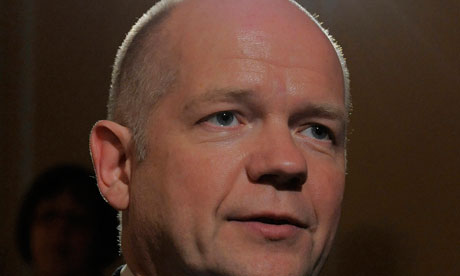
The Tory-led government’s cuts to the voluntary sector are ignorant, ideological and incompetent and will impact on those in most need in the Chinese community
As a community, the Chinese face some particular challenges, including language barriers, isolation and a lack of social support, so these services are vital. It has been estimated that 70–80 per cent of first generation Chinese immigrants do not speak English. Mainstream services tend to be underused due to language. Many carers cannot always communicate with service providers, and are not always aware of the services available. Moreover, the help that is available tends to be inadequate, and not specific enough to meet their needs.
The stereotype of Chinese people in the UK directly shapes the service provision services for them. Chinese families are seen as being hardworking, self-reliant, keeping themselves to themselves and preferring to ‘care for their own’. This is despite the reality of changing family structures. Geographical dispersal and lack of political organisation mean that few Chinese people deal with their problems on a community basis, or actively promote their interests as a community. Consequently, many first generation Chinese are not fully integrated into the social mainstream and require specialist support services provided by the Chinese voluntary sector.
The Tories have been rather unsuccessfully being trying to promote their vision of a ‘Big Society’ and to boost 'mutual responsibility' by supporting a new culture of volunteering and encouraging people to take an active role in their communities.
A recent ‘Big Society poll’ (conducted by social action network i-volunteer) of over 1,000 members of civil society has found that 42 per cent believed that ‘Big Society’ is ‘politically rebranding existing community action’. A further 21 per cent saw the Big Society as a ‘cover for cuts’. A recent Harris poll for the Financial Times shows that only 25 per cent of the British public believe they should be ‘encouraged to give up some of their time to help support public services’ compared to 42 per cent in the US.
However, it is clear that the ‘Big Society’ is playing second fiddle to Chancellor Osborne’s deficit fetish and the toxic mix of policy agendas is proving to be extremely risky with potentially disastrous consequences.
Numerous service contracts between voluntary sector and public sector bodies will end in March 2011. Voluntary sector organisations are increasingly fearful of their future, uncertain about sources of future funding and on their ability to maintain staffing levels. They are being forced to draw on their reserves, limit or reduce service provision and delay plans to invest in projects. Partnerships are crumbling and experience is being lost.
Up and down the country as NHS trusts and local authorities are searching for rapid, unstrategic short term cuts. Provider organisations are being asked to renegotiate contracts mid-year; some have been asked to submit new funding bids to meet short deadlines, to rapidly reduce or increase provision, or to form new delivery partnerships in unrealistic timescales. The smaller, local voluntary sector providers such as Chinese Associations and their service users are directly in the firing line.
The voluntary sector is easily ignored, its commitment to its beneficiaries easily exploited. But at a time when demand for these vital services is increasing, it will be our most excluded people and communities that this Tory-led government will be putting at risk.
